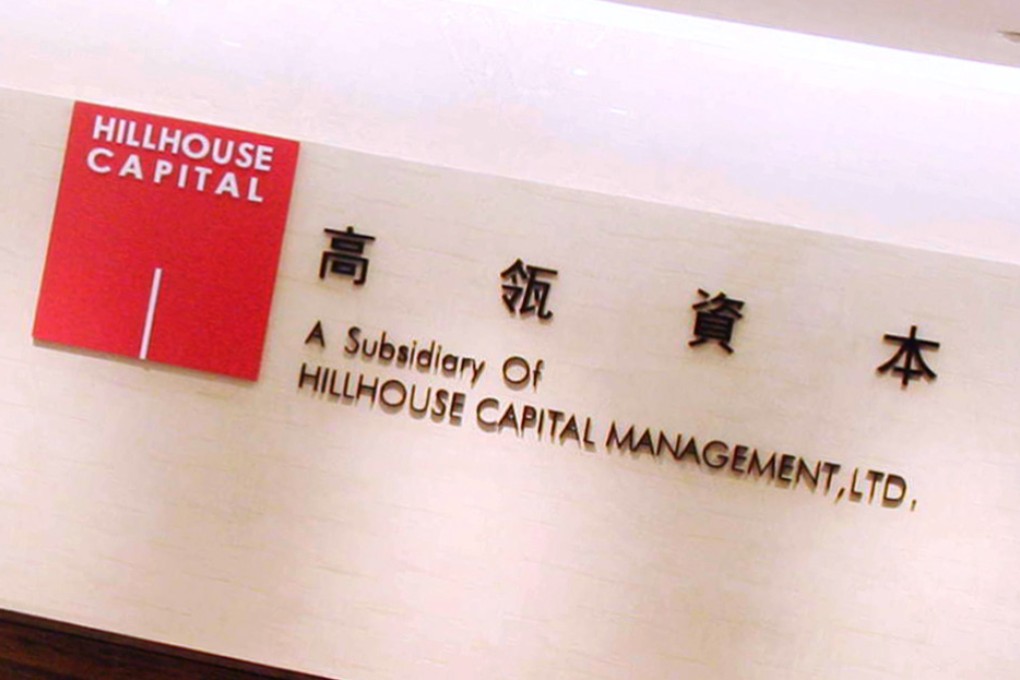Top Chinese venture capital firm Hillhouse beats back lay-off rumours after portfolio hit by plunging tech stocks
- Hillhouse Capital has denied it is undergoing large-scale lay-offs after facing earlier rumours this year about its portfolio amid a tech stock sell-off
- The firm is one of the biggest financiers in China’s tech sector, having made early investments in Tencent, Meituan and JD.com

Screenshots circulating on Chinese social media platforms on Wednesday claimed that Hillhouse had laid off staff across several teams, which the investor promptly denied in a one-line statement, calling it untrue gossip.
Hillhouse, founded by Yale graduate Zhang Lei in 2005, has become an investment juggernaut since its early investments in some of China’s biggest tech firms. It has since become one of the biggest financiers in the industry.
However, a series of regulatory crackdowns on China’s tech sector that kicked off at the end of 2020 brought about a sea change for VC investors. While Hillhouse has no legal obligation to reveal its portfolio performance, it was forced to deny a rumour in March that it had lost more than US$30 billion during the US-traded Chinese stock sell-off this year.
Last August, Hillhouse denied a rumour that Zhang was barred from leaving China. The firm reported the matter to Beijing police, which concluded that the rumour was “fabricated”.